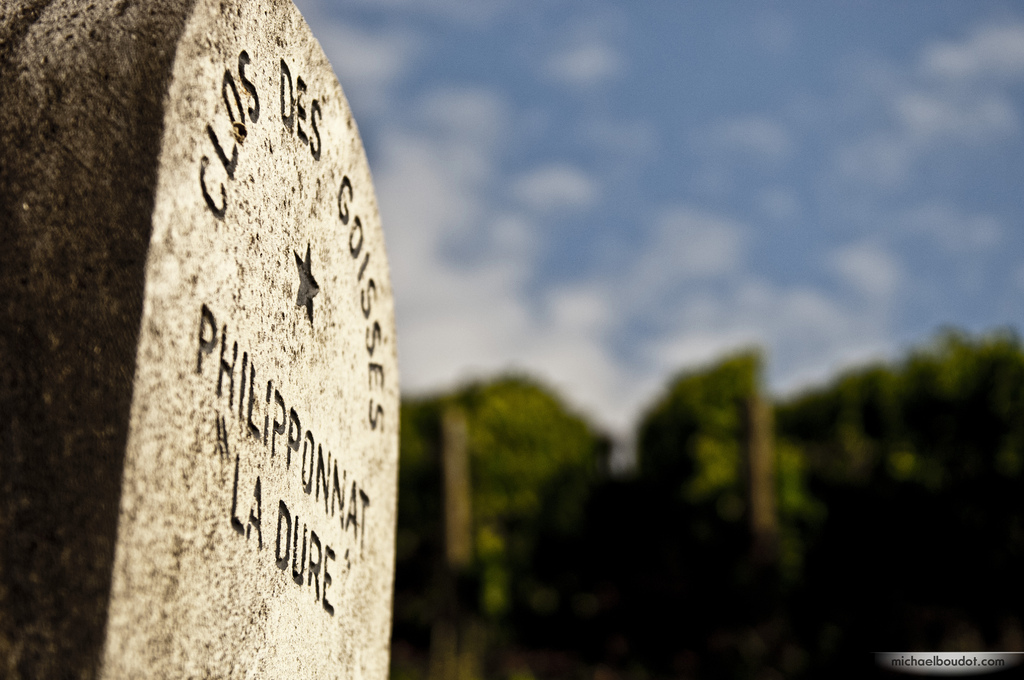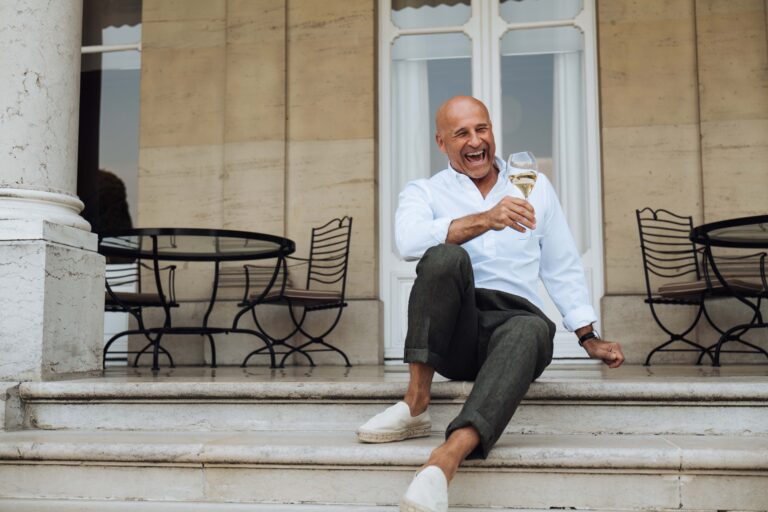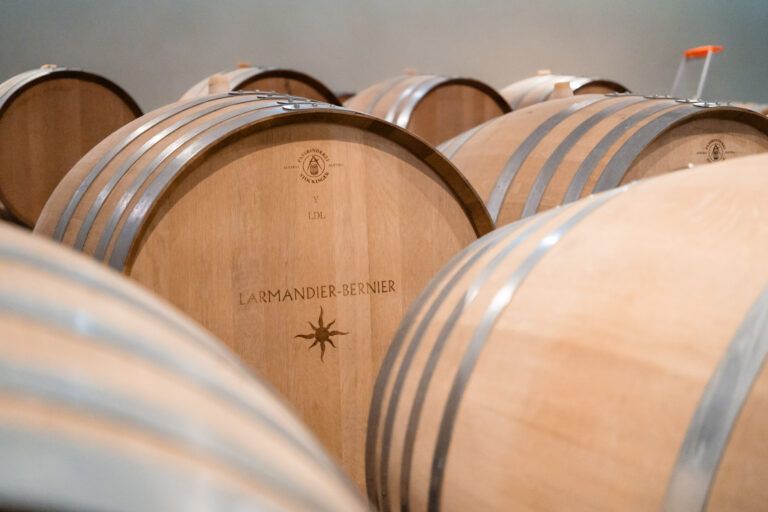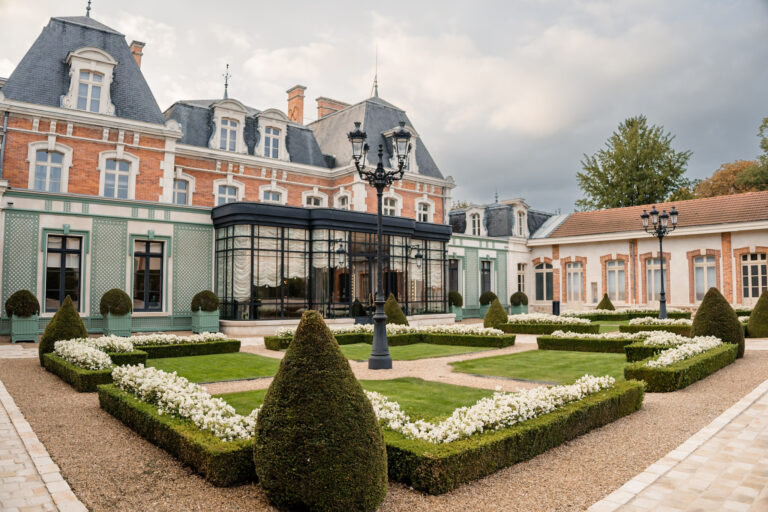Every Friday The no1 Champagne expert in the world will taste new & old Champagne s to give You a tip or two for the weekend. This week Richard Juhlin tasted new champagnes from Philipponnat. [read the full champagne story]
Estimated reading time: 3 minutes

Philipponnat
★★★★
The family has been at Mareuil since 1522 and this domain was established in 1910 by Pierre Philipponnat. In 1935 he bought the jewel in the company’s crown, the 5.5-hectare vineyard, Clos des Goisses. In 1987 Philipponnat became part of the Marie-Brizard group, and at present the domain is included in Bruno Paillard’s block. They purchase 75 per cent of the grapes from very highly ranked vineyards (97 per cent, on average), with the remaining quarter coming from Mareuil-sur-Aÿ. Nowadays the firm is run with a purposeful hand by the friendly and unassuming Charles Philipponnat. He manages the excellent grapes in a praiseworthy manner.
The wines share his charm and personality. All of them are intensely fruity, with a characteristically youthful tone of gooseberry in the nose. Only the first pressing is used by Philipponnat, since they have Abel Lepitre as their second label. 50% of the vintage wines are fermented in oak nowadays.
Richard Juhlin
‘Clos des Goisses is consistently one of the world’s foremost wines.’
They still use a small number of oak barrels, even if certain vintages, like the ’89, are completely vinified in steel tanks. This champagne is a real slow starter that should preferably be decanted if it is going to be drunk before its twentieth birthday. The unique slope beside the canal at Mareuil-sur-Aÿ is planted with 70 per cent Pinot Noir and 30 per cent Chardonnay. I recently held a complete vertical tasting of this personal wine. The champagnes were amongst the most ravishing I have tasted. Most impressive was an invaluable magnum from 1955. The 2000 is one of the milestones of the vintage. Clos des Goisses Juste Rosé and Les Cintres from the heart of the Clos are actually even more intense and fantastic. In certain years a rare – though not very exciting – still red variety is made from the batch. Even rarer, and definitely more exciting, are the 200 bottles of still Chardonnay that Philipponnat makes every year for their own use. In my opinion it is Champagne’s foremost still white wine.
‘The four stars are all totally thanks to Clos des Goisses.’
[read more on Philipponnat web]





